Iran Part 1: Arrival in Iran on the Persian Gulf
Salam Iran: First impressions and many questions (37)
«Khoja hastin (where are you from)?»
«Aks, aks (photo)!»
«Your husband?»
«How do you like Iran?»
The questions just seem to come from all sides while I stand next to our fully loaded bicycles at the ferry port of Bandar Lengeh and wait for Dario, who tries to register our cell phones with the officials with the help of some friendly locals. It’s already dark outside and the whole day is already taking way too long, as we’ve been on the road (or sea) for 10 hours since we left the port in Dubai. Two small children look at me with big eyes, I give them some of our Swiss chocolate, then the grandmother approaches me and hands me a rose and the daughters want to take a selfie with me. My head is buzzing from all the new impressions, while I somehow try to hold on to the headscarf so that it doesn't slip down again. Dario comes back exhausted, because it didn't really work out with the registration and he also has to be in the family picture right away and before we can take a first step out of the ferry terminal, we’re already invited to the family's village. But we've reserved a room in a hotel for the first night in Iran. We quickly exchange our Instagram contact and then we finally sit on our bikes when suddenly a car stops next to us and the nice couple asks us if we have already got a place to stay.
Of course, we’ve heard in advance from other travelers about the almost legendary hospitality in Iran, but we wouldn’t have expected that it would immediately start after the border and we’re not that ready to accept it yet, as our heads are just full of new impressions and we can’t take in any more. So, we repeat the hotel story again and finally roll off into the balmy night. We reach our hotel and even if it is already ten at night, our room isn't ready yet for occupancy and in front of our door sits a group of young people from Mashhad. We drink a tea with them and somehow try to absorb everything. We’ve been in Iran for a few hours and are already completely overwhelmed and just want to retire for the night, which is not that easy, as the bathroom is outside the room and there is something going on outside all night and we can't really relax. We wonder if this is how it’s always going to be in Iran from now on.
The next morning, we go out early and take the first hesitant steps through the quiet alleys of Bandar Kong. This first time, when you find yourself in a completely foreign place and perceive everything for the first time, is always very special for us. We are fully aware that soon everything will be feeling more familiar to us, but right now we are enjoying this first moment of arrival, which cannot be repeated a second time. The charming old town of Bandar Kong with its numerous windcatchers is still in a tourist slumber and accordingly we are first eyed somewhat suspiciously or curiously by the women with their long black chadors. We would have so many questions about how to behave, what is okay and what not and at the same time, we’re completely aware that this first nervousness will eventually subside and we will soon move more confidently in this new country.
It's complicated....
Our first explorations take us to the port city of Bandar Lengeh. Here we want to change money and get a SIM card. Actually, two quite simple things in every other country of the trip so far. Due to the international sanctions, international money transfers to Iran are unfortunately still impossible and so no foreign credit cards work in Iran and travelers have to rely on cash in Euros and US dollars, which can be exchanged for a good rate in certain offices, but never in the bank, where they use the official rate. There is no exchange office in the small town of Bandar Lengeh, but there are numerous jewelry stores where you can also exchange money, so we head for the first gold store we see. The communication works well and so we get for our EUR 300.- about 87 million Iranian Rials in denominations of 100'000 bills.
You can imagine that we need a whole separate bag for this (the picture above just shows a small amount of the exchanged money). We didn’t think about being millionaires soon when we packed our panniers and therefore feel like we need an additional luggage for the cash. Fortunately, there’s an alternative to this, an Iranian debit card to which we can transfer Euro and that’s accepted everywhere in Iran. This is normally only available in Tehran, but is kindly sent to our hotel in Bandar Abbas and so we don’t have to depend on cash for very long. Also, the shopkeepers are probably happy if we pay with the card instead of handing them bundles of Rials which we have counted before laboriously, because a 100'000 note just equals about USD 0.30. As if that wasn’t enough, the Iranian Rial replaced the currency Toman in 1925, but Toman is still spoken of everywhere. One Toman equals ten Rial. If one wants to buy something for 2.5 million Rials, the vendor would say 250’000 Toman and since that number still has too many zeros, you’d often just hear 250 Toman. And then you have to know that those 250 Toman equal 2.5 million Rials. Of course, in the first few days we’re still a bit confused and convert a lot and often have absolutely no idea how much we actually spend.
With our plastic bag full of money, we now move on to the next item on the agenda, the SIM card. But this also turns out to be rather complicated. The employees of the largest cell phone provider Irancell tell us that we cannot purchase a SIM card with our Swiss passport. We go to another provider, where the nice employee just gives us a SIM card in his own name, at least for the first 30 days, after that we have to register our phones anyway, otherwise they will get blocked. Now we have money and Internet and now only the hunger must be satisfied, but there is no restaurant in sight.
We cycle through the city and then eventually see a sign for a fast food restaurant that is open. Of course, they don't have an English menu and we somehow order with our hands and feet. We get kebab with rice, something like the unofficial national dish of Iran, but we are only moderately enthusiastic about it. At least we are full and are convinced that we will surely find great restaurants with English menus and vegetarian dishes in more touristy places (well, we were still full of optimism at that time).
Hesitant arrival in a new country
Back at the hotel, we would like to extend our stay for one more night, because we are too exhausted from all the first impressions to continue cycling right away. Unfortunately, however, everything is fully booked, as February is the high season in the south with the most pleasant temperatures and accommodations are occupied by Iranian tourists. It’s already late in the afternoon when we leave and we can hardly wait to put up our tent and finally have some time for ourselves. That works out quite well for about one hour. Then a family comes by and wants to invite us to their place, because it’s simply too dangerous for us to sleep out here. We don't really understand where the danger comes from, because they try to warn us with hands and feet of an animal that is supposed to be lurking around the corner. Quickly they call for their son who speaks some English and it turns out that they wanted to warn us about the mosquitoes here. We are torn, because actually they are totally nice and we don't want to disappoint them, but at the same time we long to let all the impressions set first before we can get involved in the culture and we have the feeling that we wouldn’t be grateful guests tonight. We decline their invitation as politely as possible and feel pretty bad about it. We sit in front of our tent for a long time that evening and talk about our first impressions of Iran and how long it will probably take us until we feel that we’ve arrived in this new country.
We sleep well and enjoy being back on the road the next day and letting our thoughts wander while cycling. We ride along a barren white rocky landscape and pass many old water cisterns. In the small villages we hear the calls of carpet sellers, who advertise their goods on the dusty streets and small stores supply the villagers and us with the most necessary things. In the next bigger town, Bandar Khamir, we try to buy bread, which is given to us without further ado. We want to continue our journey when we are approached in English by a young couple, Sima and Alex. They want to invite us to their home and introduce us to their family. We look at each other and wonder if we are finally ready to dive into the culture and learn more about the everyday life of the people and it feels like the right thing to do. We agree and that is the start of a wonderful evening.
Generous hospitality in Bandar Khamir
We drive to their family who lives in a big house with a garden and are allowed to park our bikes and luggage. Fresh fruits are picked from the tree and we see for the first time a traditional Iranian room where the whole floor is carpeted and there is always fresh tea ready. Several generations are gathered in the room and new family members or neighbors come by all the time. We have long since lost track of what is going on and are simply in the moment, not trying to second guess, the Iranian "go with the flow" as we’ll call it in the future. Later in the evening, traditional thin flat bread is prepared in the garden and stuffed together with fish sauce and eggs and eaten as a sandwich. Again and again, people come and go and everyone sits peacefully together in the garden on big blankets. A nice atmosphere and we catch ourselves thinking about Switzerland and the turmoil it would cause if guests were to drop by unannounced throughout the evening.
In the small apartment of Sima and Alex we are allowed to spend the night in a separate room traditionally on the floor and can even wash our clothes. Without knowing much about us, they share their private life with us. Their friends come over and we get to know each other and drink tea and eat fruits. We learn a lot from them about life in Iran, their wishes and their hopes and it makes us think about the economically precarious situation in which people live here. Only very few young people actually work in the fields they have studied and most of the well-educated people plan on leaving the country and are applying to universities all over. We will often hear stories like this in Iran, and this makes us directly aware of the inequality of our world almost every day as we travel through the country.
People like you and me with the same wishes and dreams and very different possibilities to realize them. To realize this and not be able to do anything about it makes us very sad. Iran is so different from anything we’ve seen before and yet somehow refreshingly normal. Iran will teach us to push aside the pictures in our heads and to paint over them anew, and yet, in all our exuberance, we should not forget that completely different rules apply to us as visitors than to the local people.
The next morning, we take a tour by motorboat through the Hara Mangrove Forest near Bandar Khamir. The impressive Hara trees grow in salt water and have a special filter system that allows the plant to absorb water and desalinate it at the same time. We have done a mangrove tour on the Andaman Islands before and are thrilled by this unique ecosystem. The boat driver is unfortunately going way too fast and it doesn't have much to do with a sustainable nature experience, but we laugh a lot and just enjoy being together.
When we say goodbye afterwards, we have the feeling that we have spent much more than just 20 hours together and we would love to take the four of them with us to our next destination Qeshm and invite them to our guesthouse there. But they would have not accepted that. We say goodbye with the knowledge that we cannot return their incredible hospitality and have to learn to accept this in Iran. In this short time, we have the feeling to have found new friends and were allowed to get a first insight into Iranian life. It makes us curious about this new country that after the first days doesn't seem so foreign anymore and in which we will now slowly arrive more and more.
We started with so many questions in this country, because few places in the world, project so many images in the mind like Iran, without ever having been there. Too close are the images of anti-Western propaganda, of the morality police watching over the observance of Islamic laws, the many restrictions for women, and at the same time, Iran also makes you think of 1001 Nights and poetry, of gardens full of pomegranate trees and cypresses, and of beautiful Islamic architecture. How does it all fit together and how does it feel to live in this country? In the next weeks we’ll write about our experiences and encounters in this fascinating country and in the next blog we’ll take you with us to the wonderful Islands Qeshm and Hormuz.

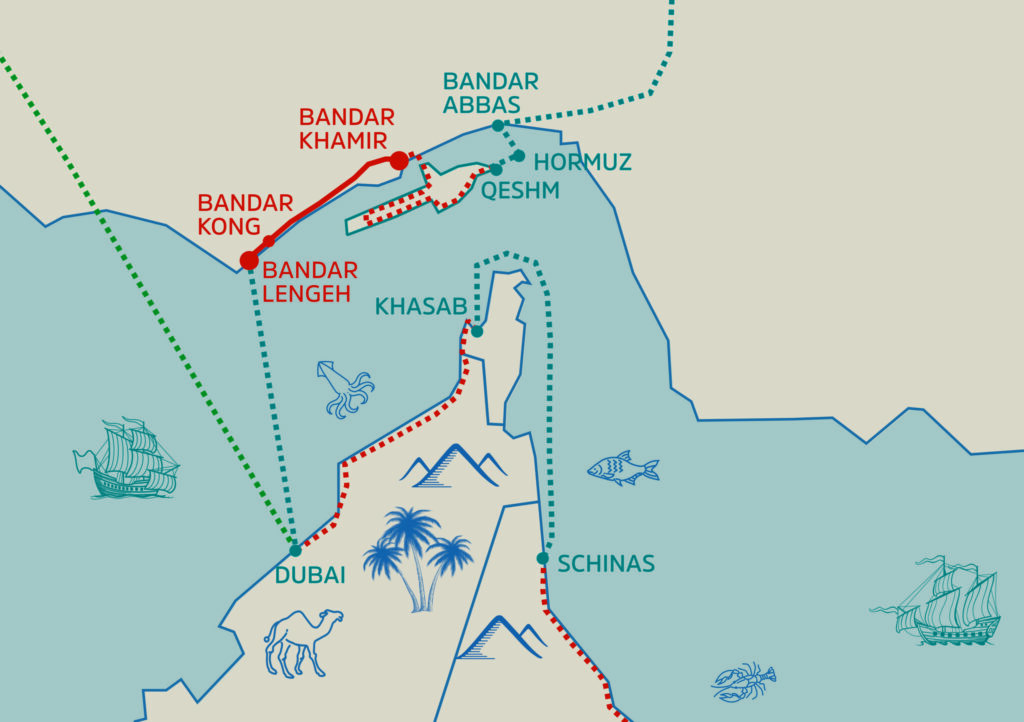
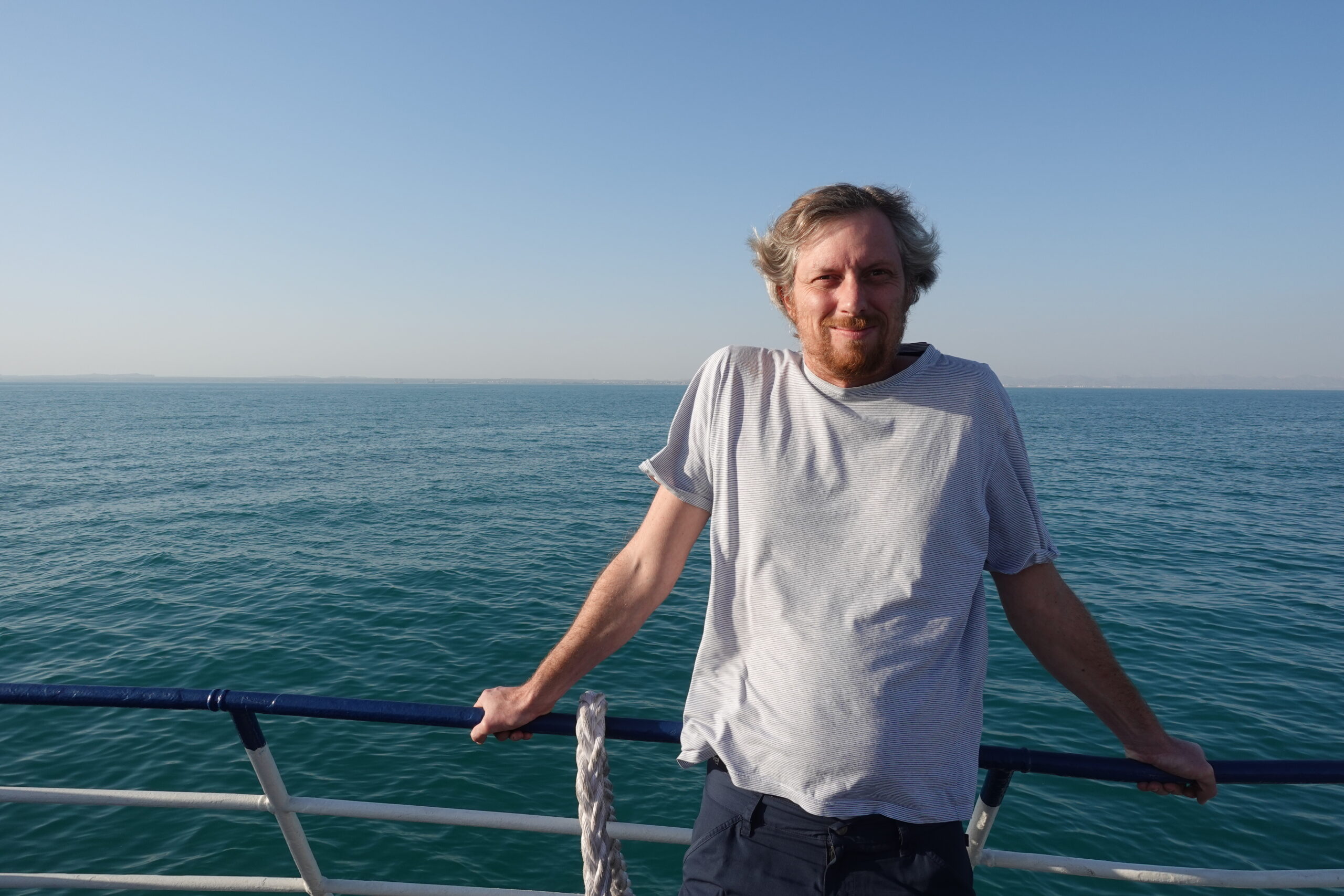
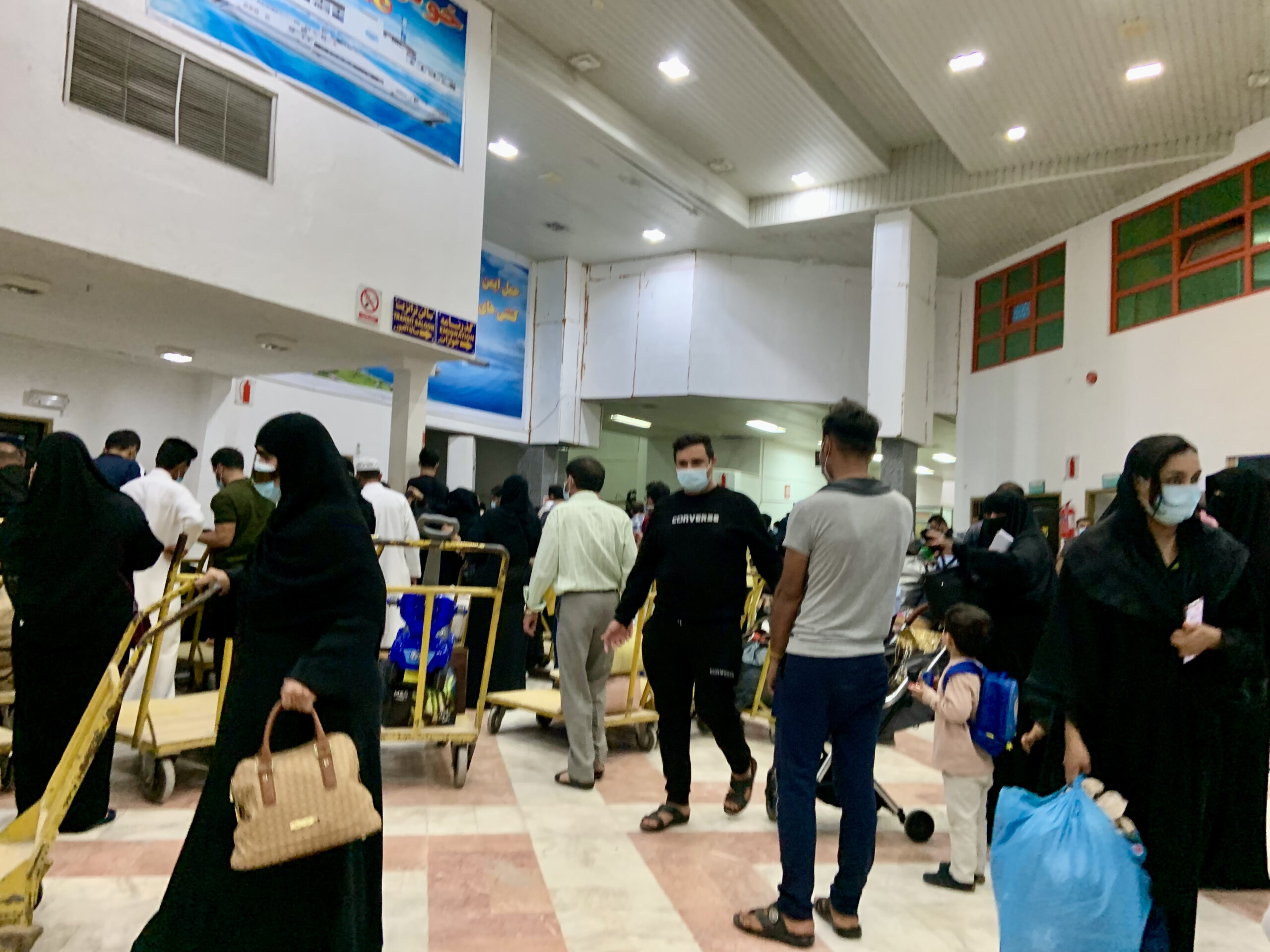
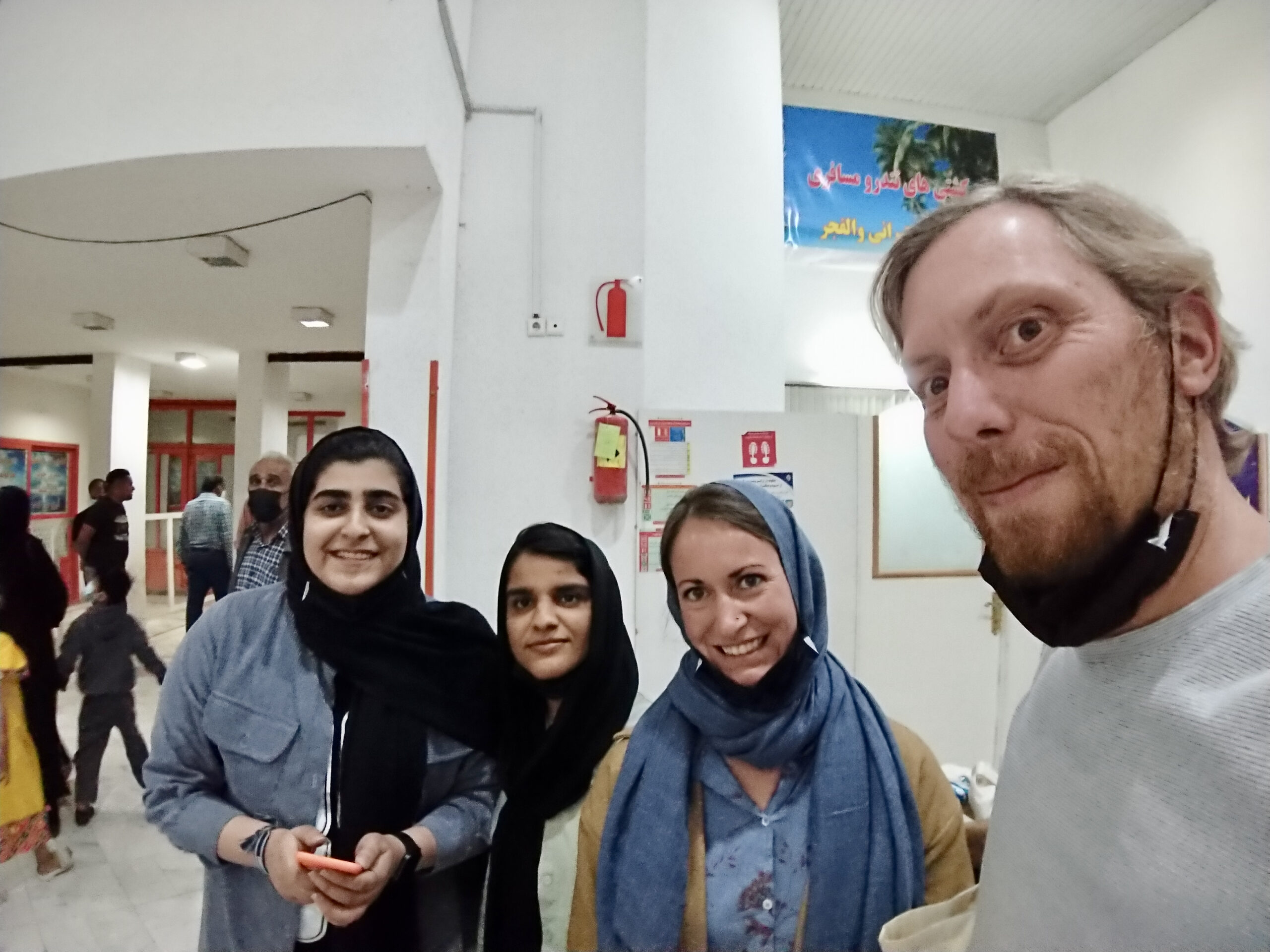

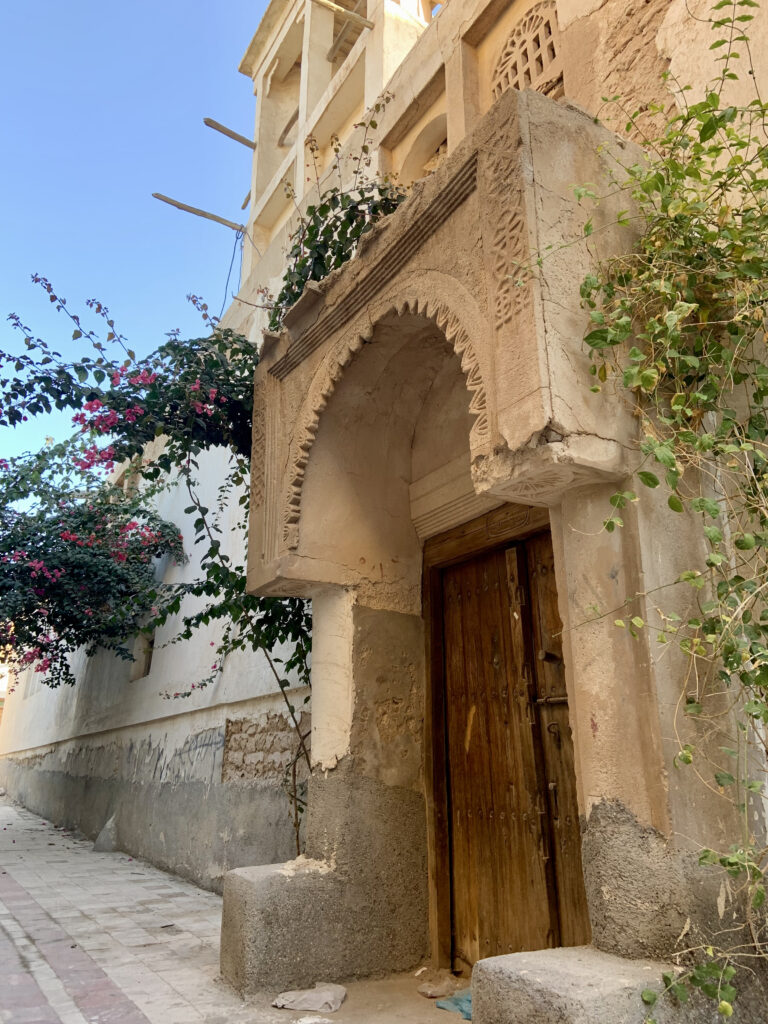
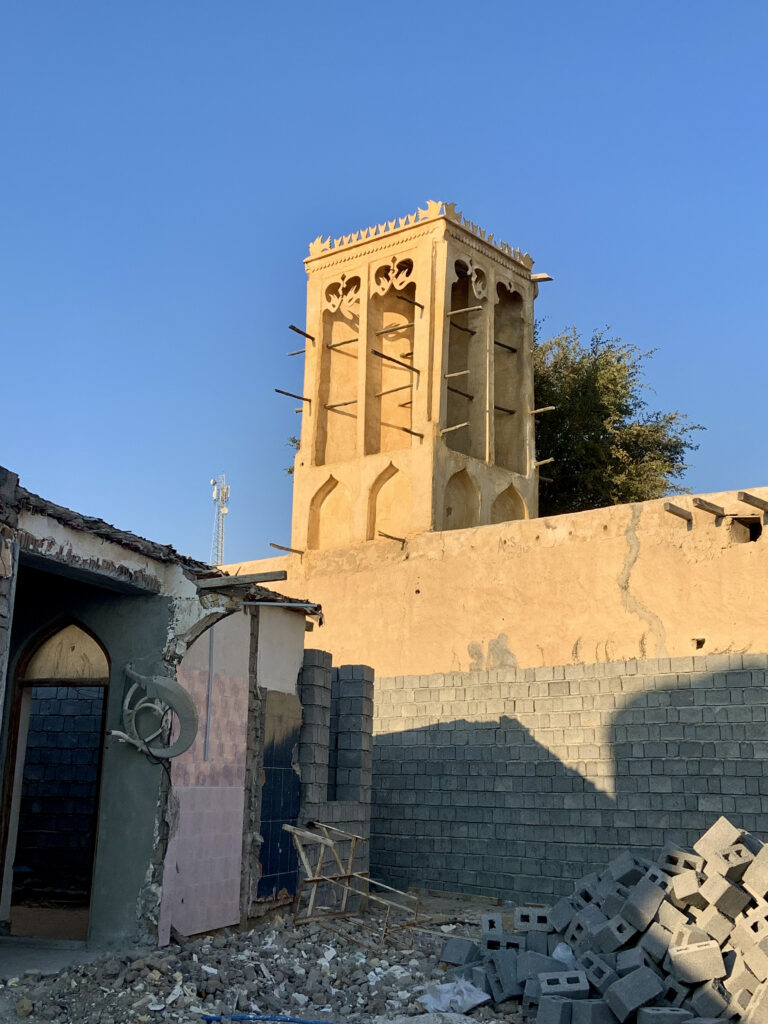
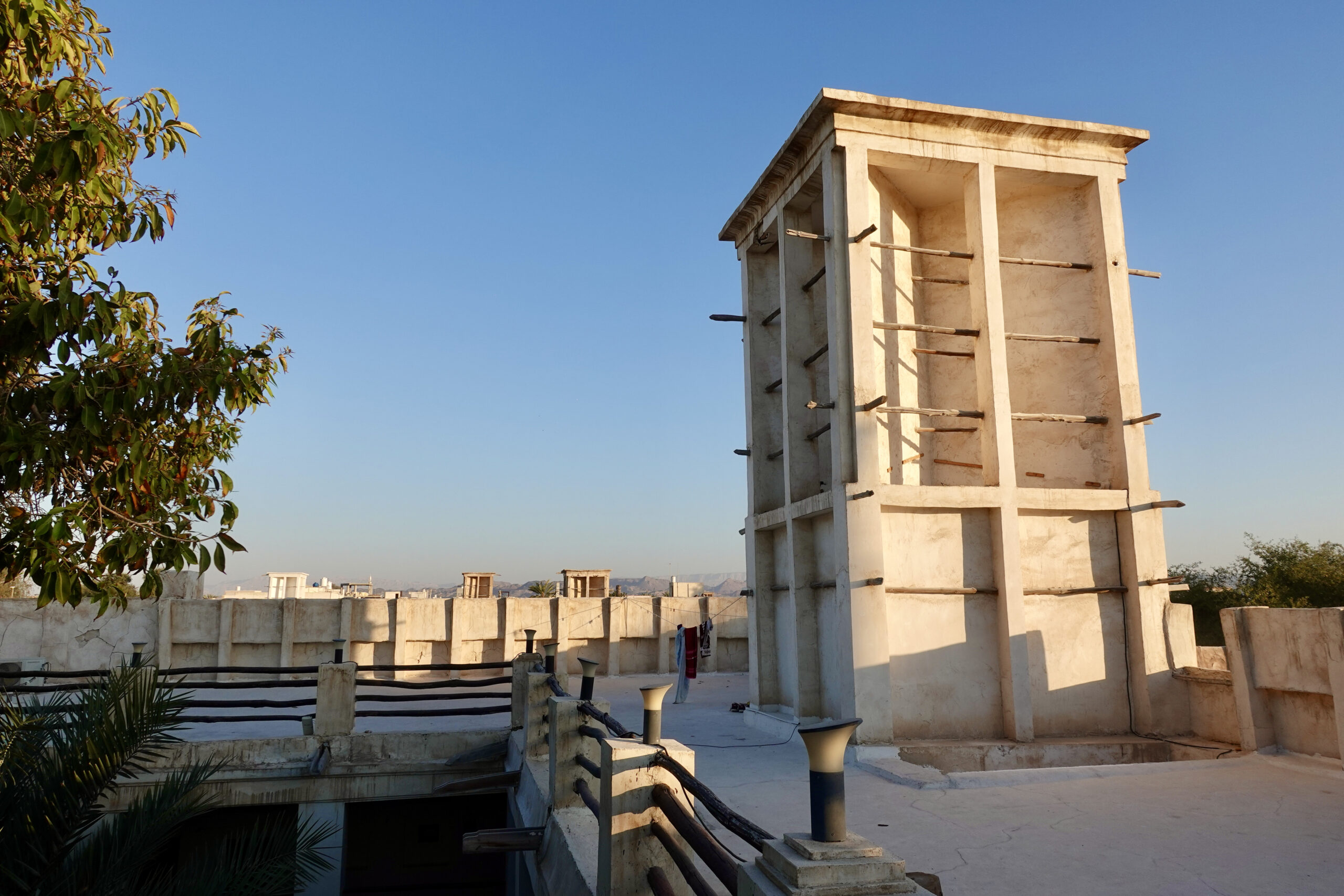
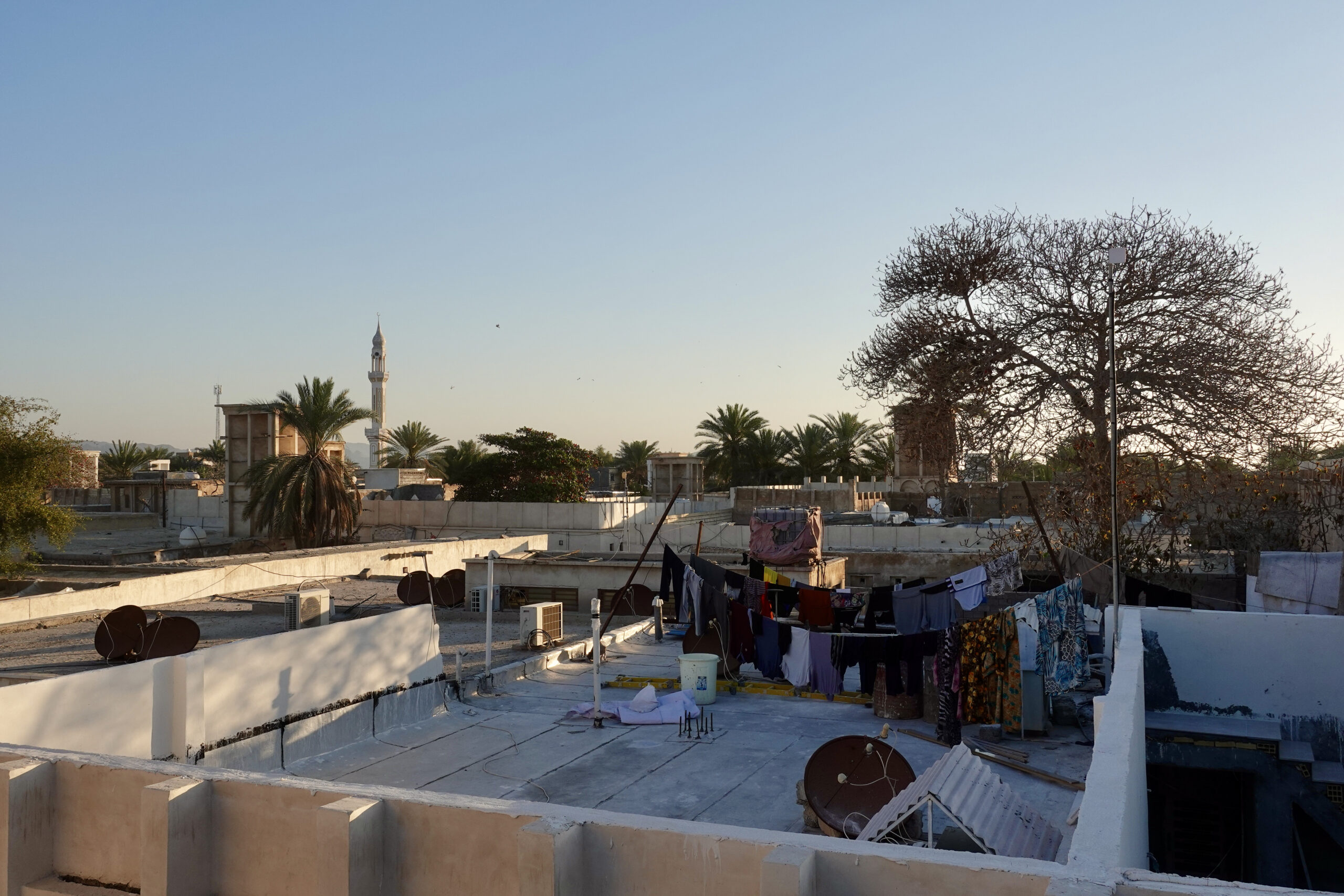
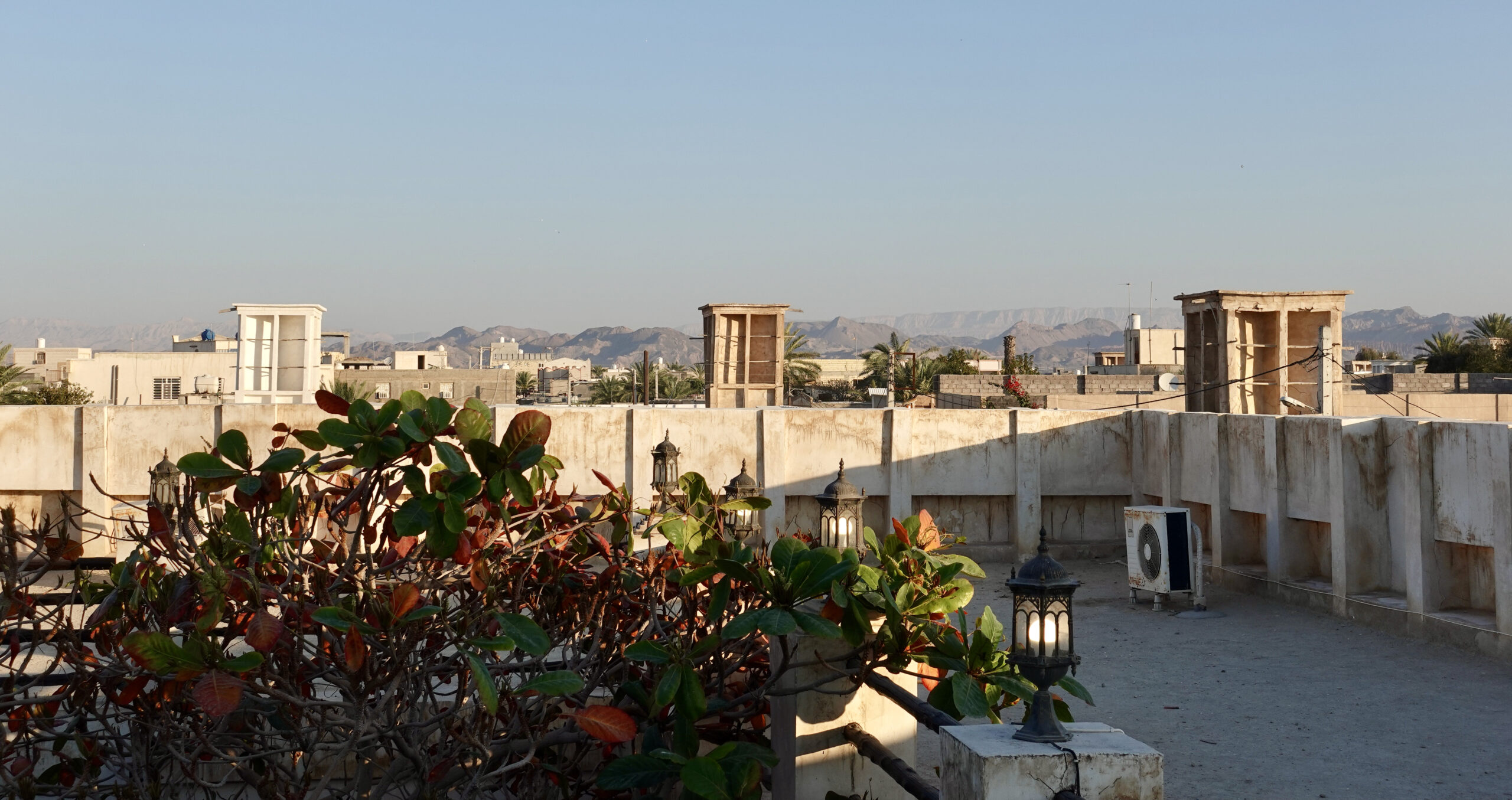
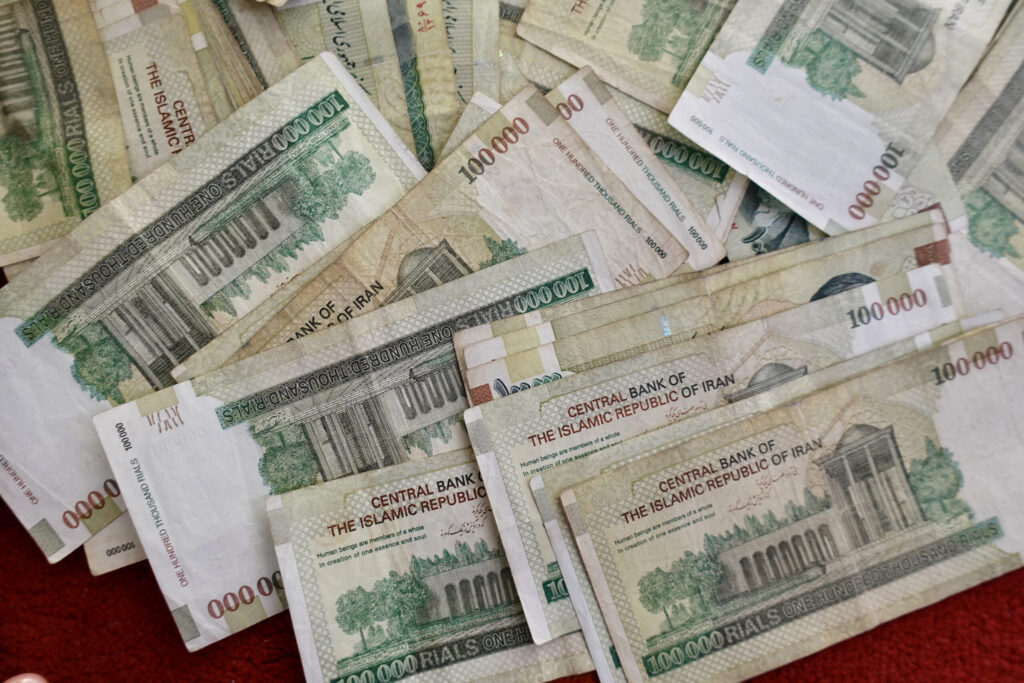
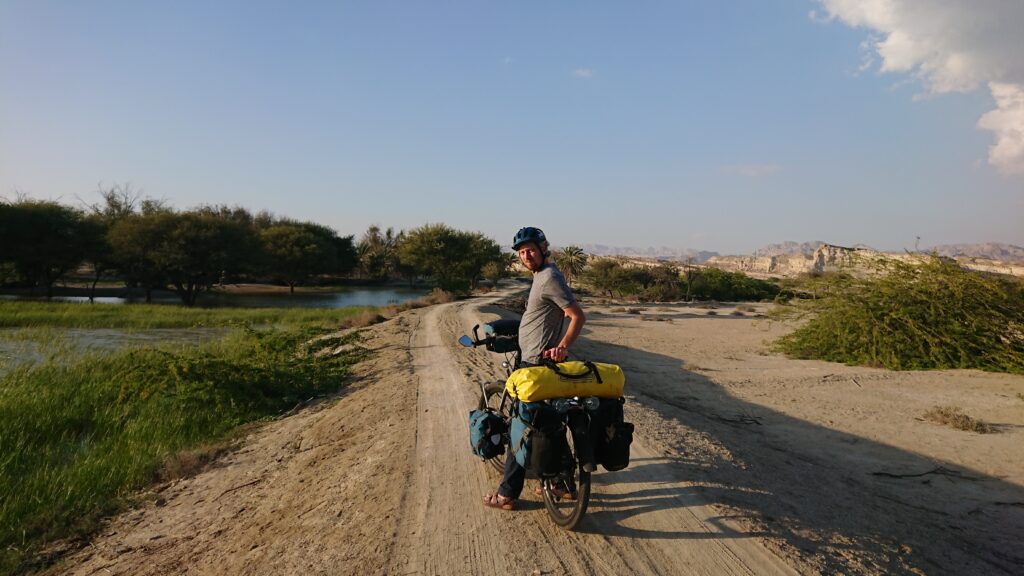
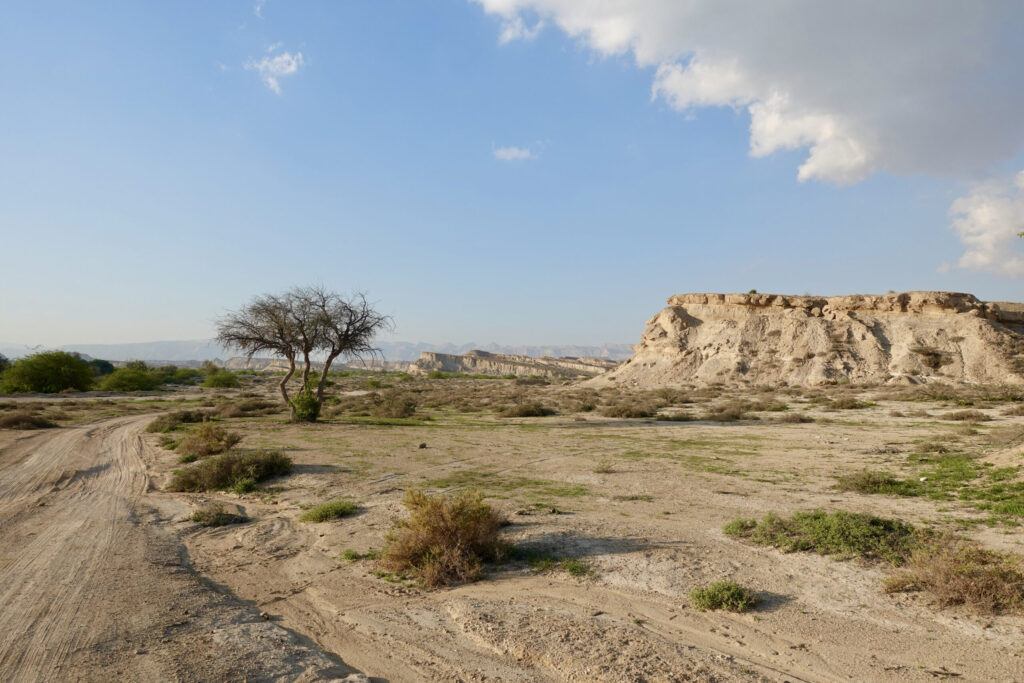
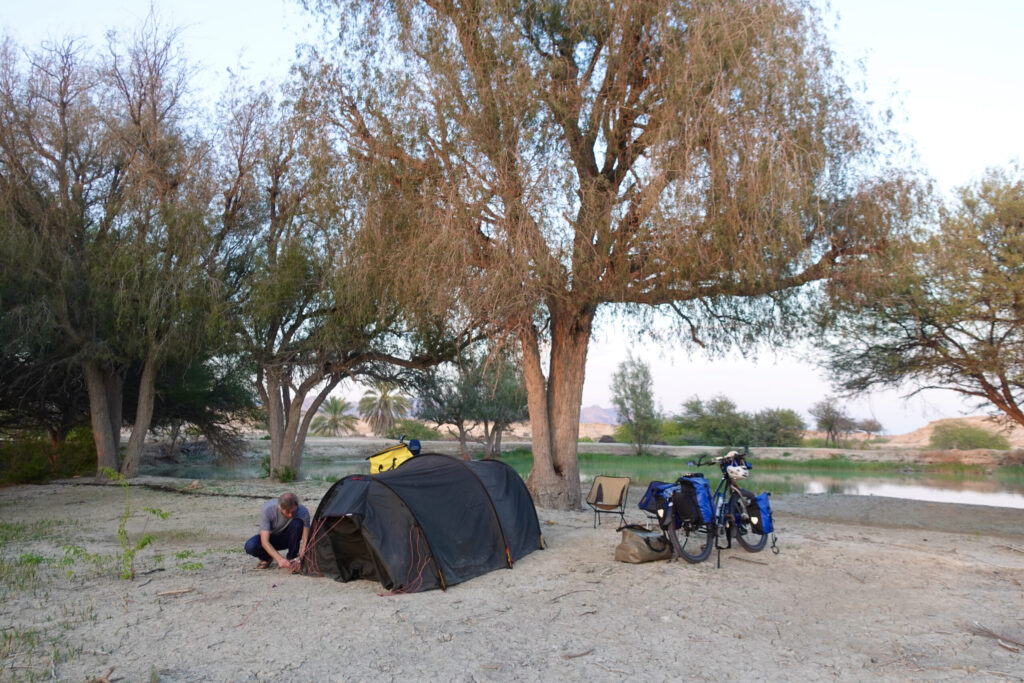
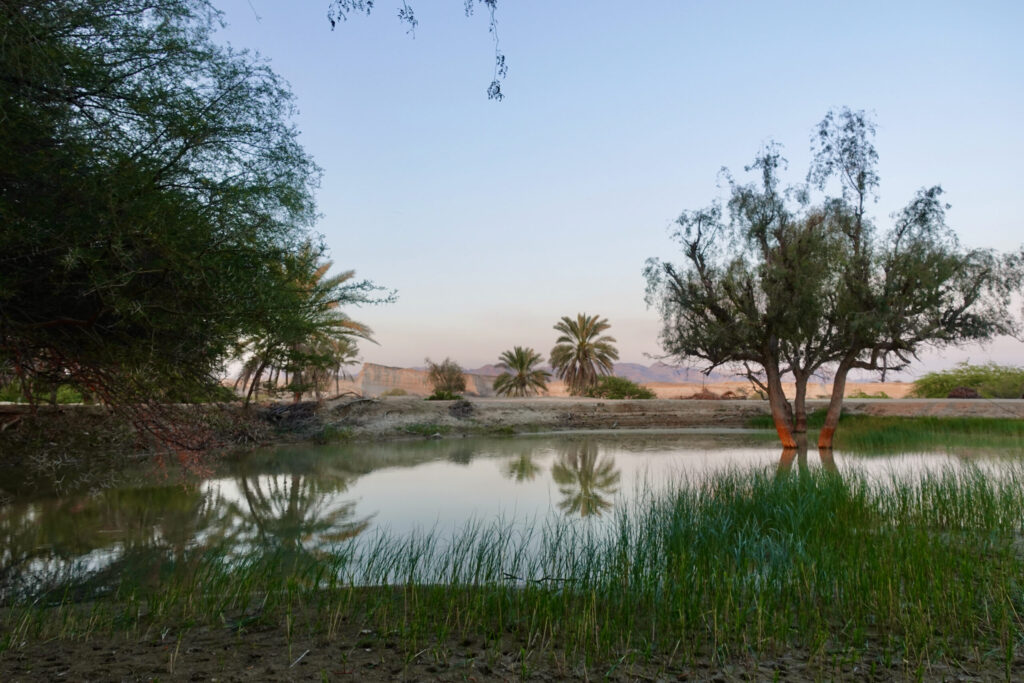
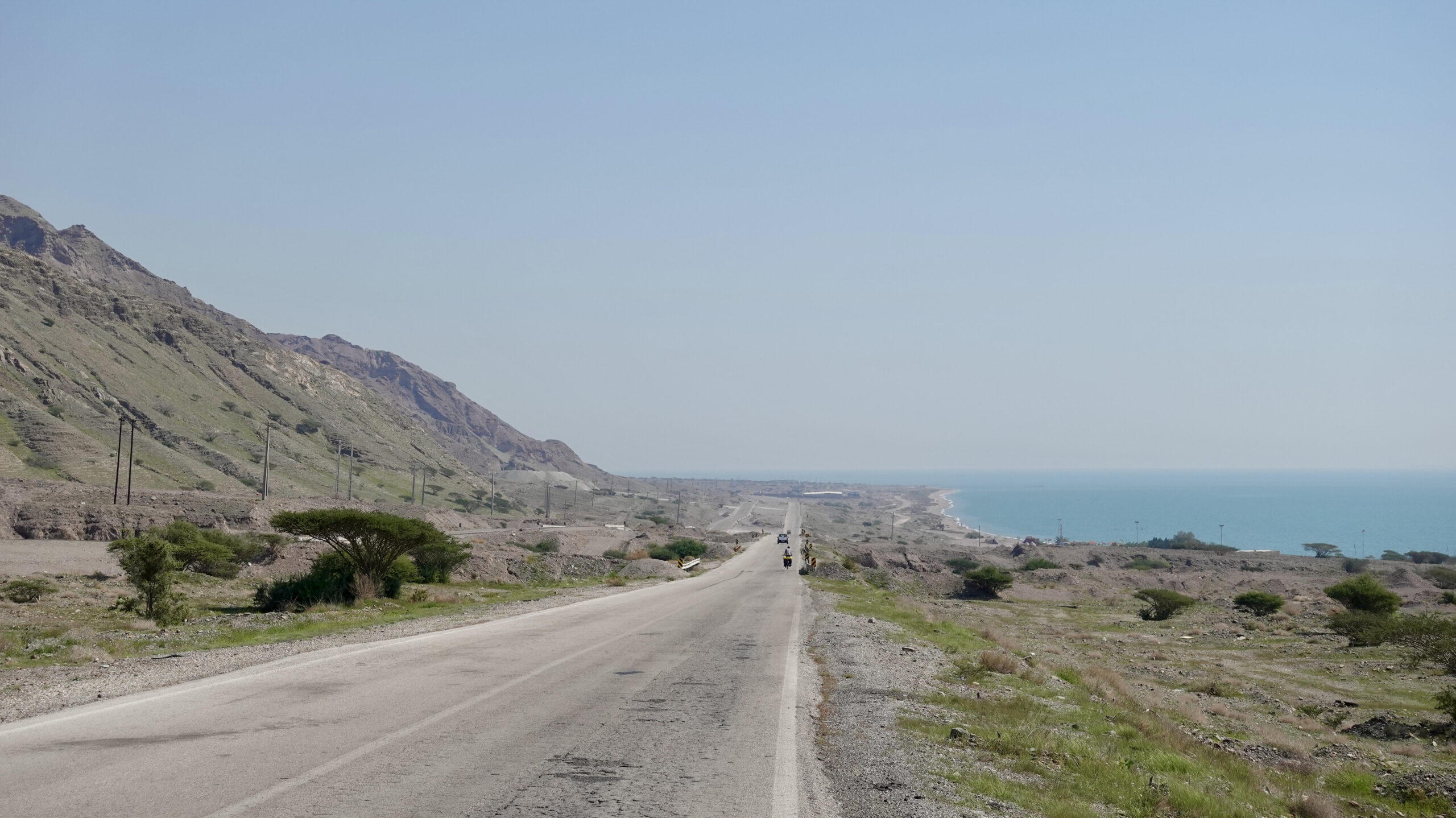
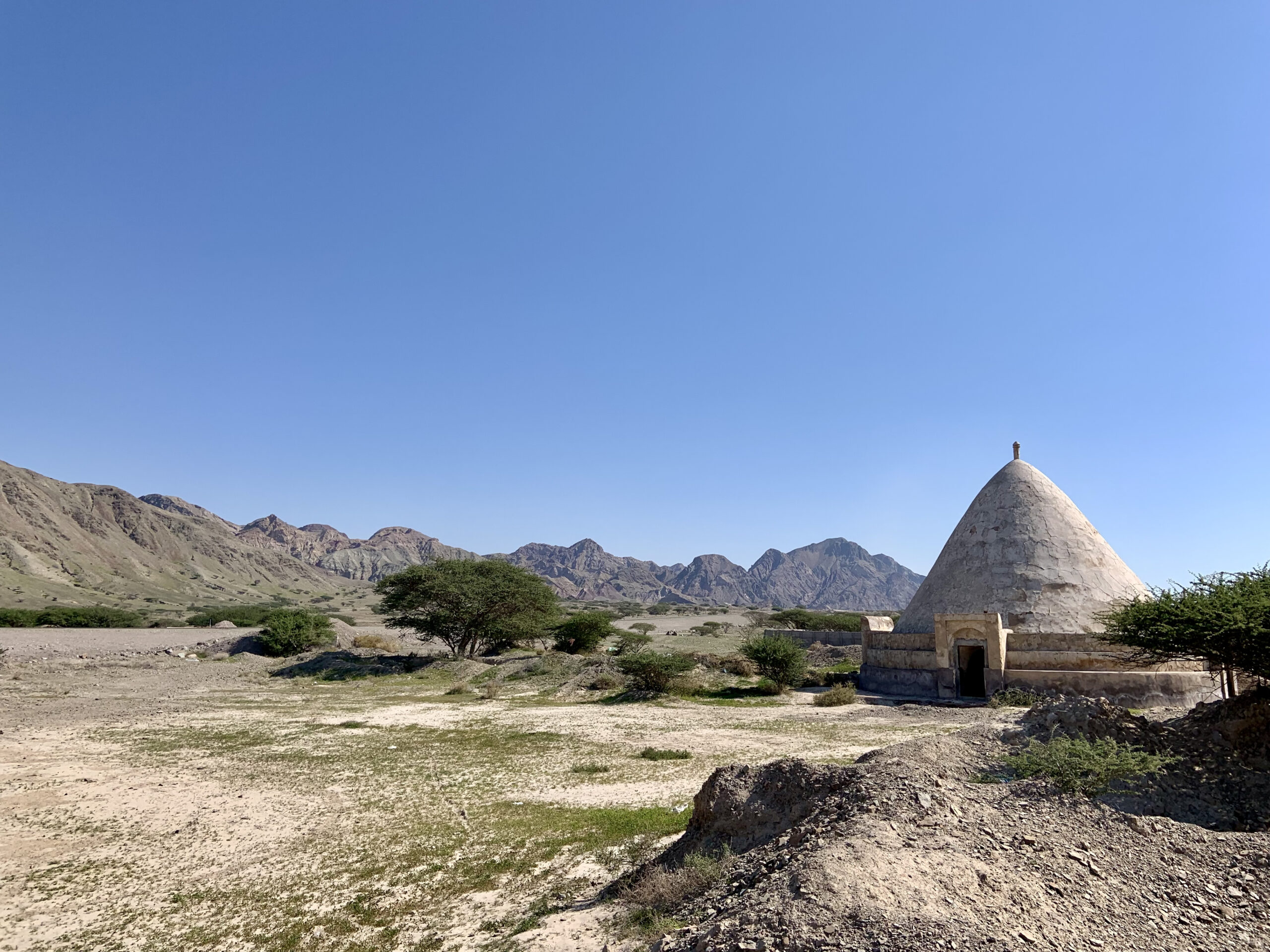
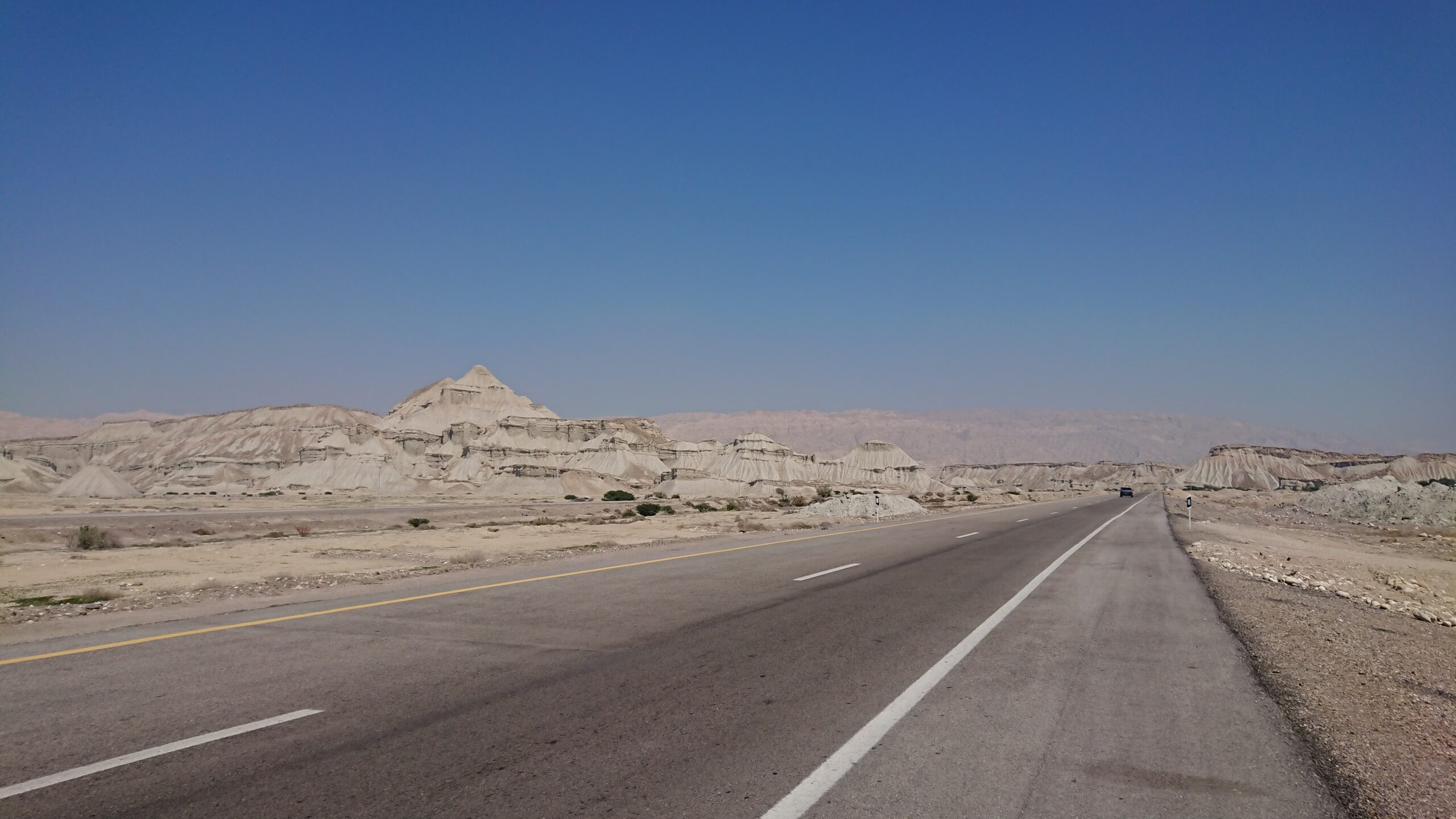
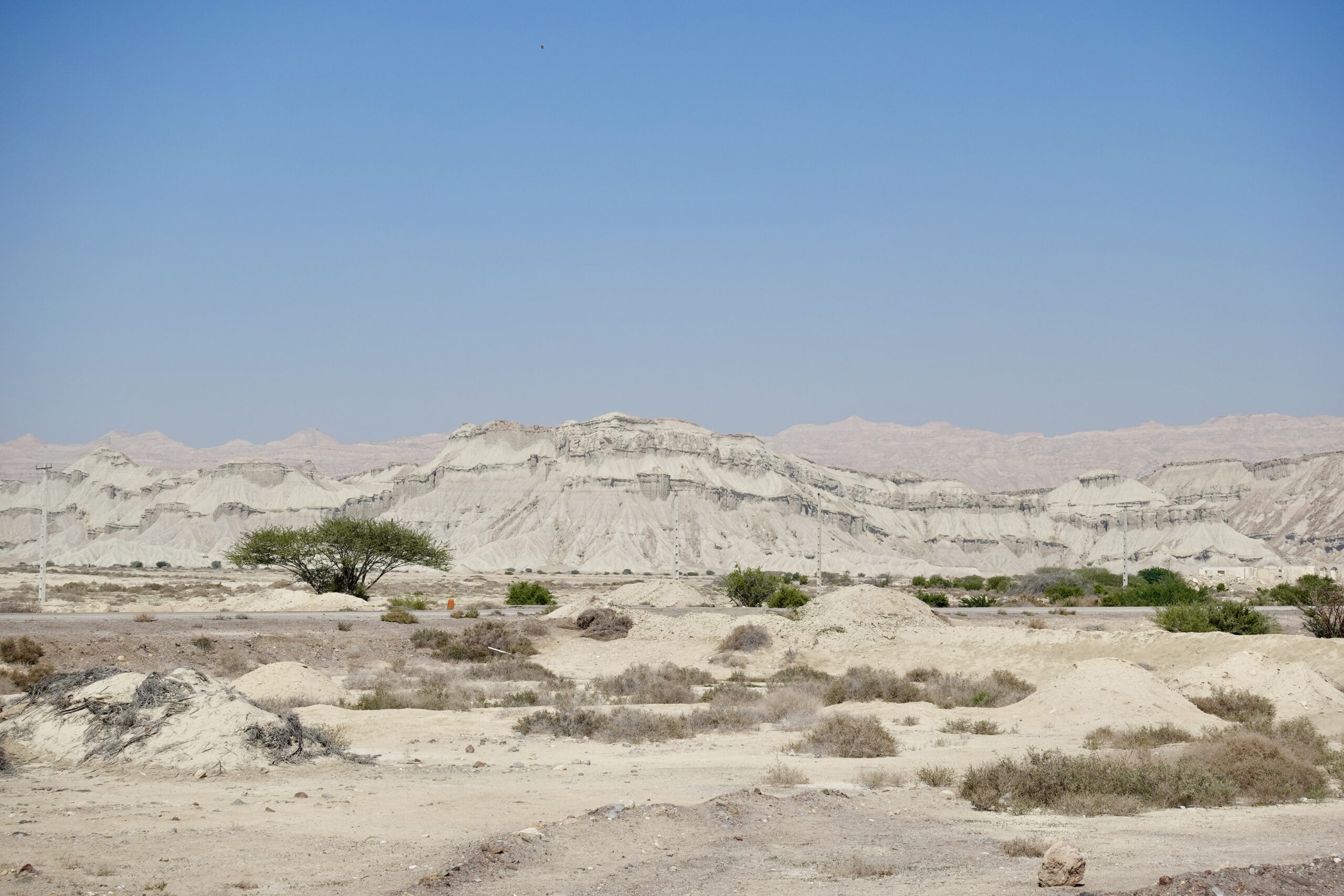
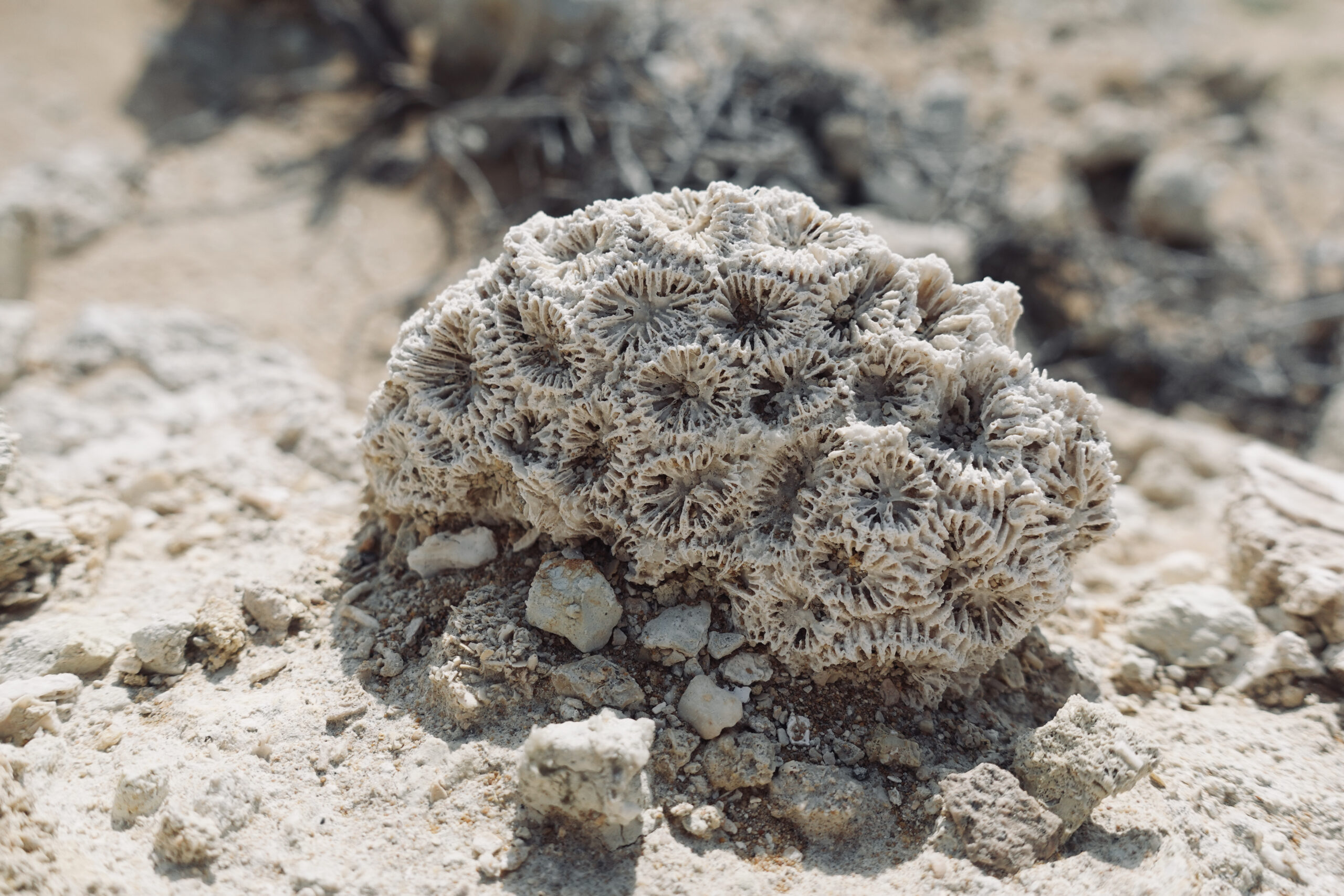
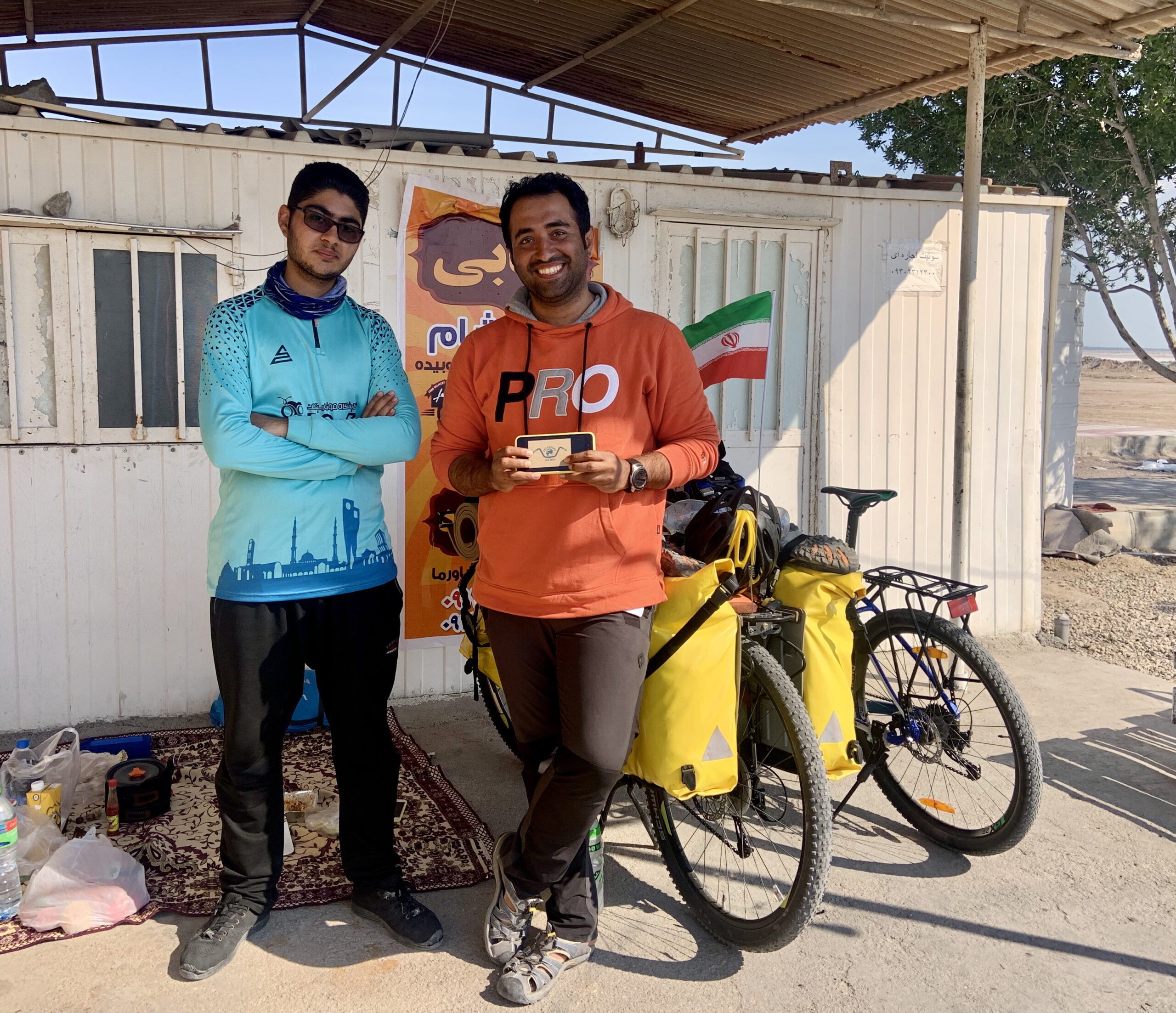
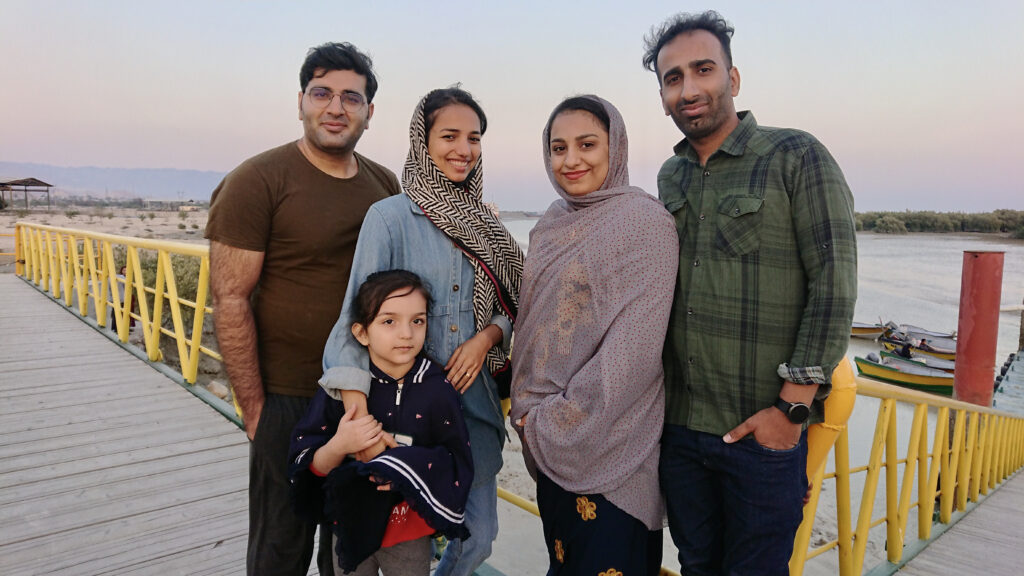

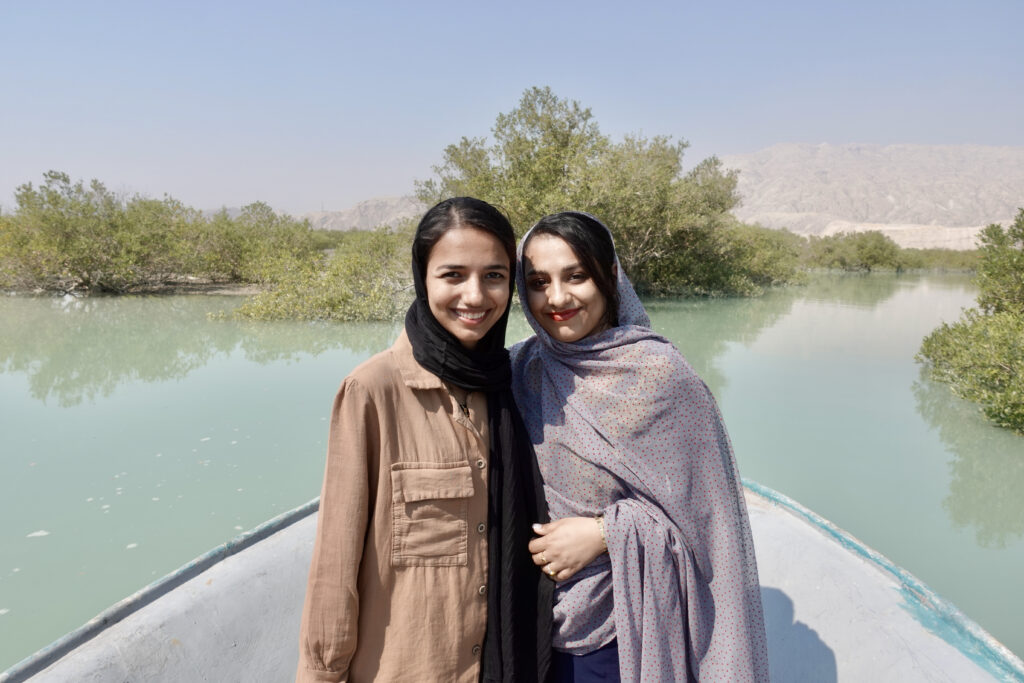
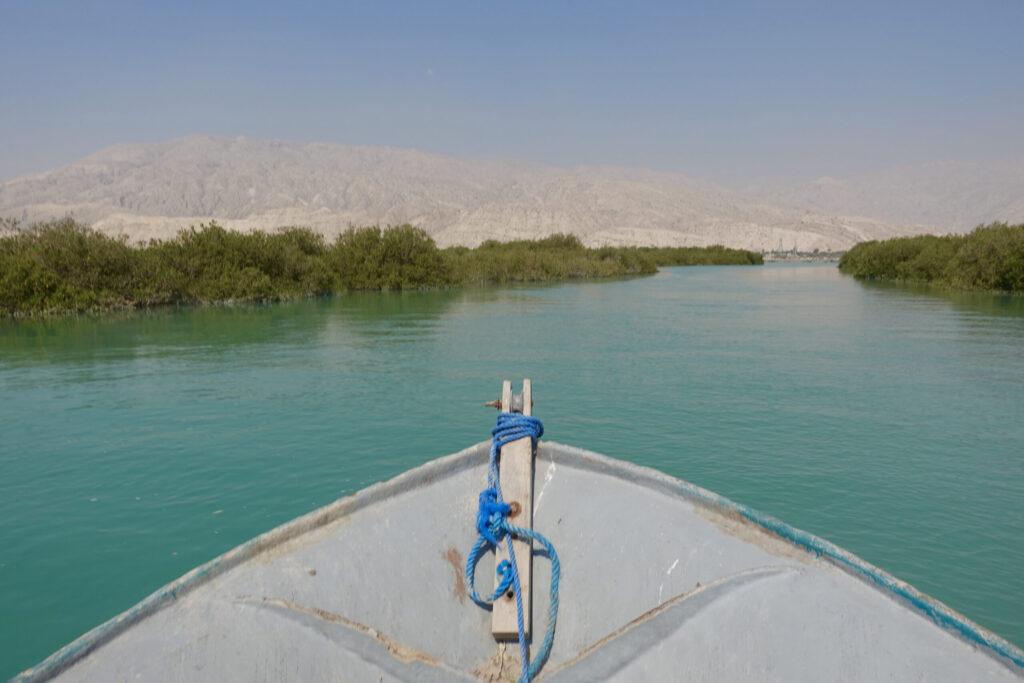
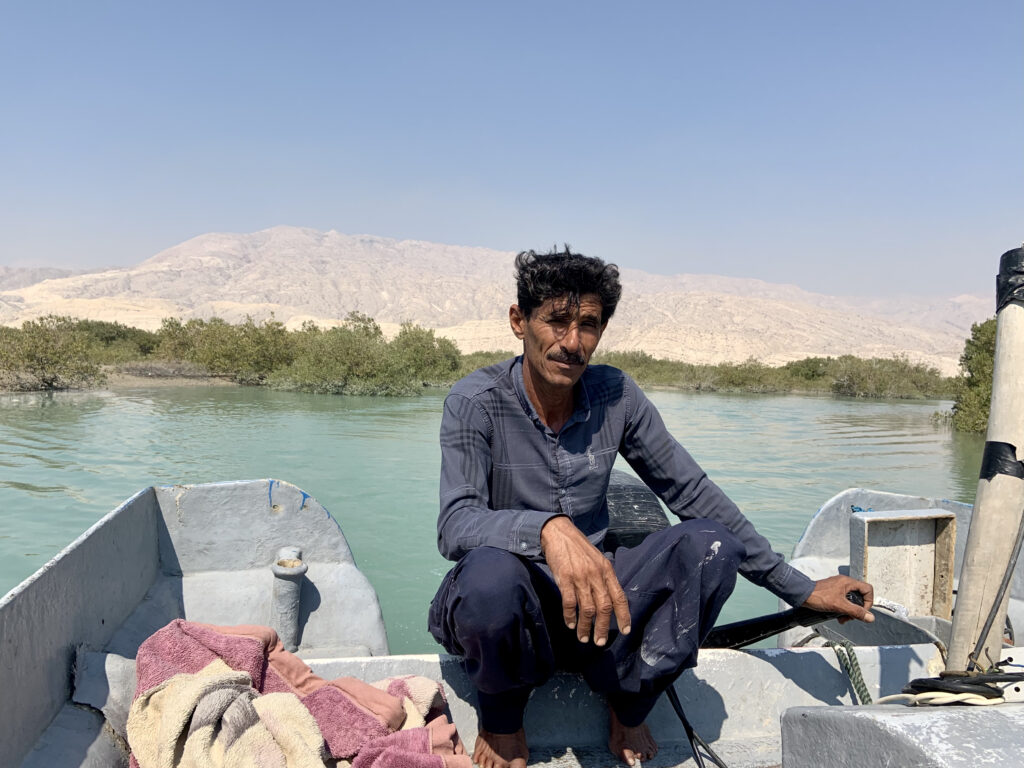
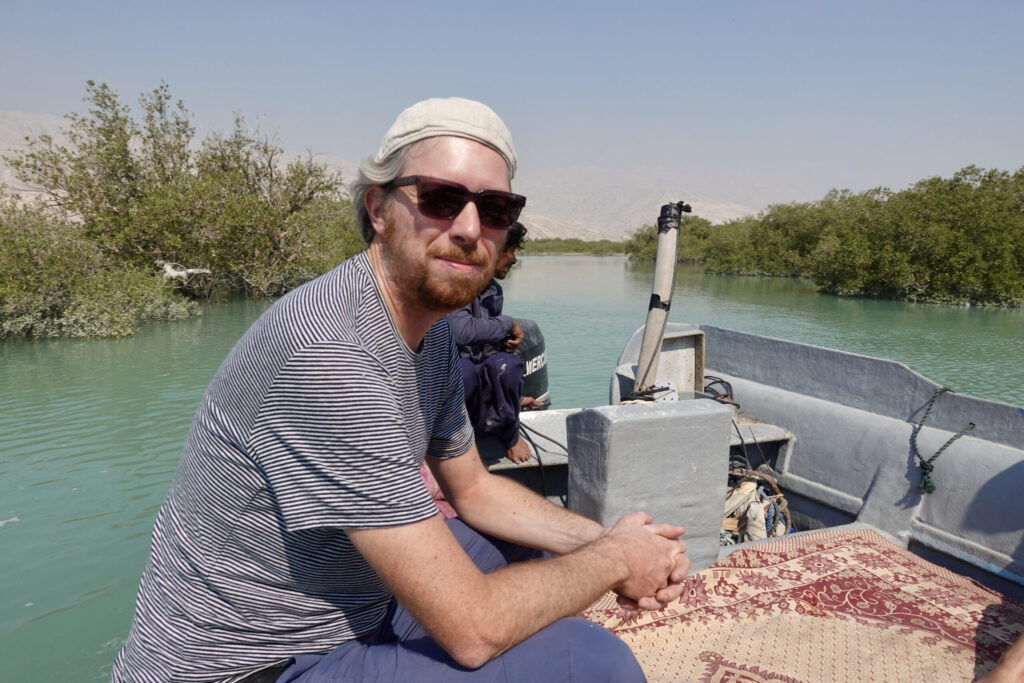
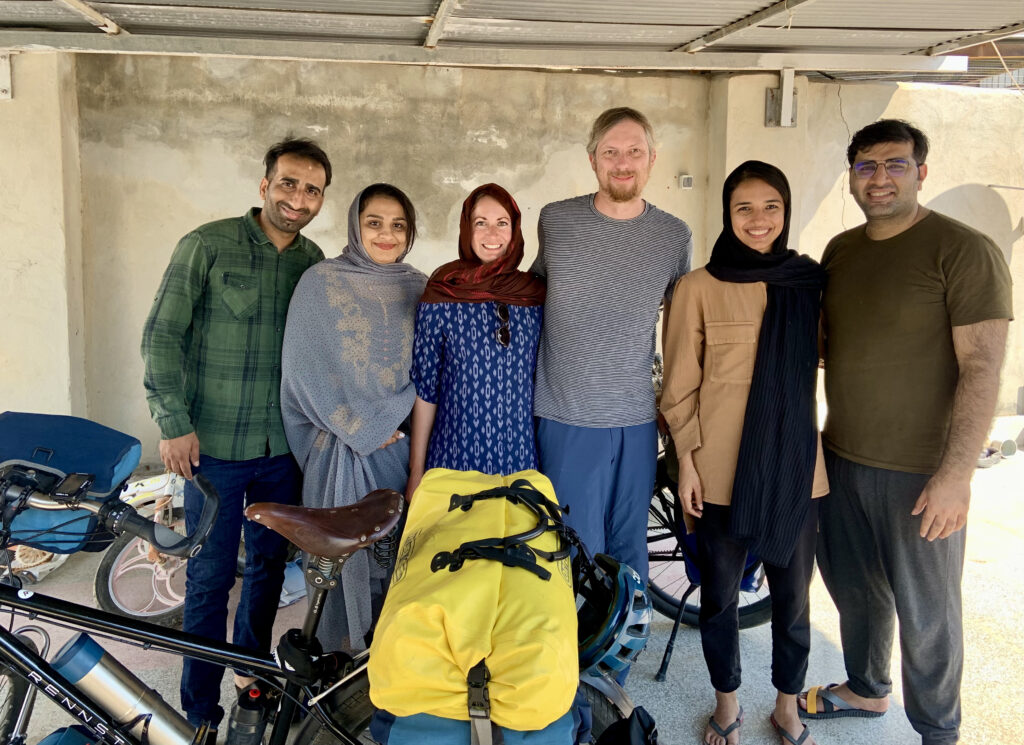
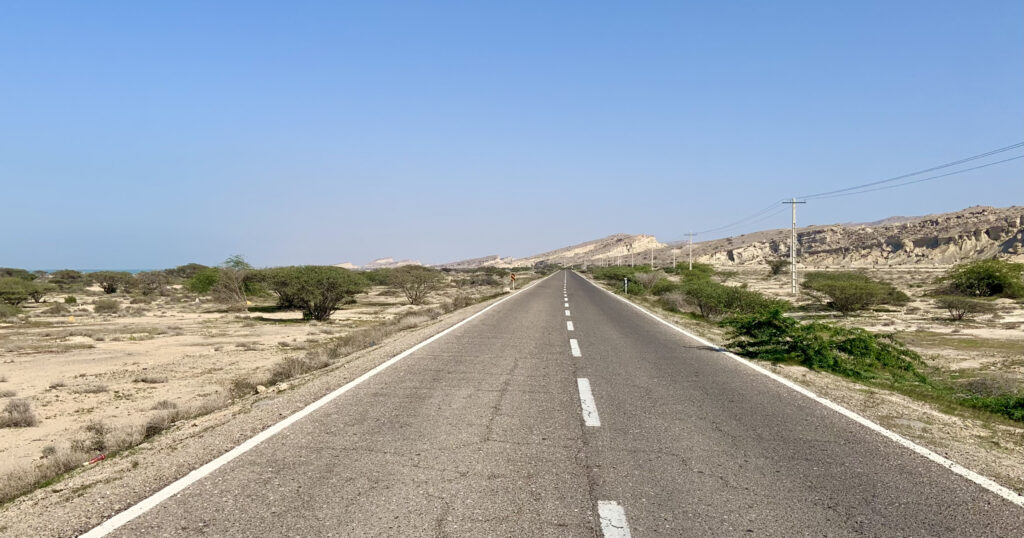
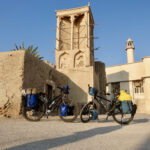
Leave a Reply